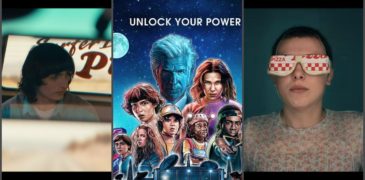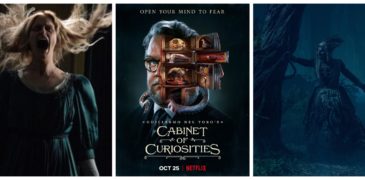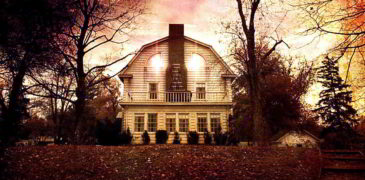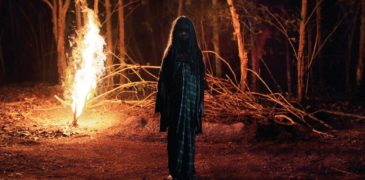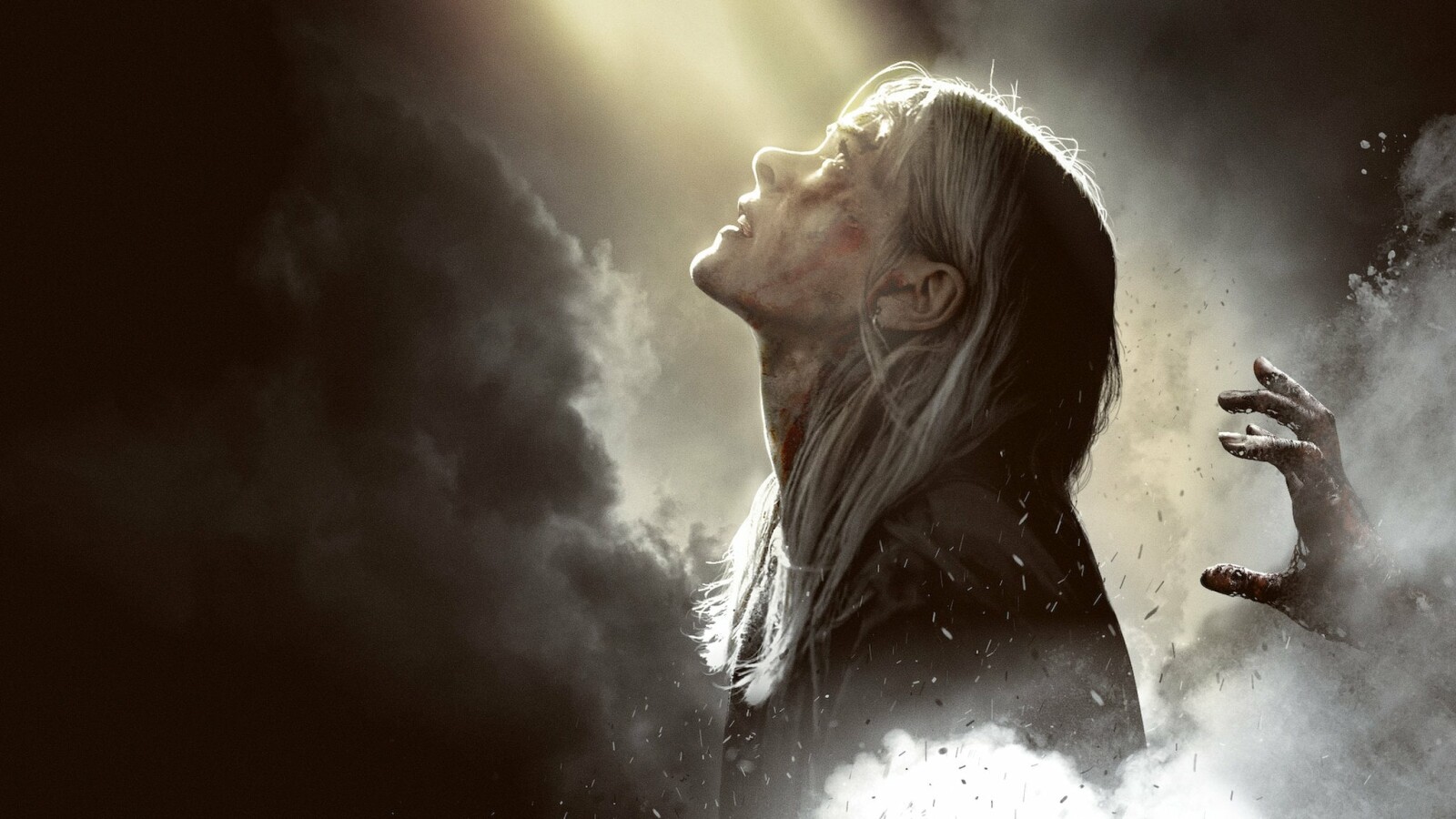
Black Summer series 2 dropped on Netflix recently, so writers Dustin Domingo and Luke Greensmith have joined forces to explain what’s different about yet another zombie franchise, giving a thorough run down of both series.
SYNOPSIS
In the glut of zombie media, Black Summer stands out. It provides an intense, fast-paced story with realistic and engaging characters that will leave you breathless by the time you finish its second season.
Set before Z Nation, another zombie show, Black Summer immediately pits viewers into the action. We’re introduced to our main protagonist, Rose as she and her family are en-route to evacuate their suburban neighborhood, which quickly succumbs to a zombie outbreak. The undead of Black Summer are of the sprinting variety. Anyone who dies is immediately brought back to life. From the get-go viewers are introduced to storytelling devices that will be the backbone of the whole show. The cinematography is captivatingly creative. The creators often show unique perspectives of a situation, simulating long takes. This helps cement the “real-time” feel of the events captured onscreen.
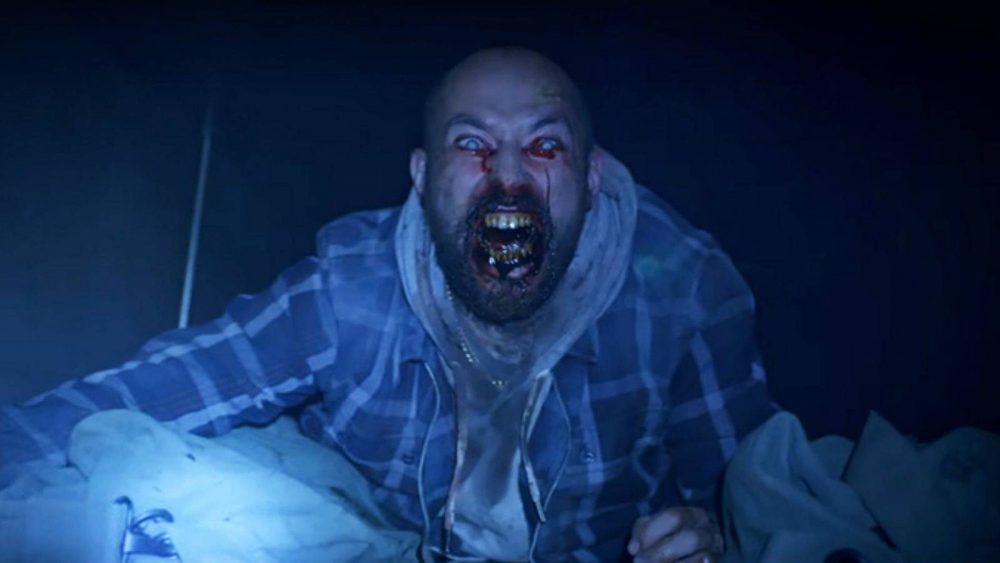
PRODUCTION QUALITY
Luke: Black Summer, both the first series on Netflix as well as the recent follow up, are fascinating even if you’re suffering subgenre fatigue from the never ending onslaught of zombie media. The cast sell exhaustion and stress in relatable ways, the violence carries a weight to it that’s missing in a lot of rival entries, and there’s a level of detail that really helps sell a suspension of disbelief to get into these scenarios. Series 2 is a lot more experimental in how it is shot and edited than series 1, which may put some viewers off but it subverts the worst offence of a zombie franchise: It certainly isn’t being lazy.
Dustin: Character development told through dialogue is sparse. However, we learn enough about our characters to know who we want to root for, depending on their actions. Oftentimes, communication is nonverbal, told through nods, gestures, or dead blank expressions. This is an element I find interesting as one of the most interesting characters in the show only speaks Korean while the rest speak in English and you would think it would be a big hindrance to her character communicating with others but with their shared goal of survival, they’re able to work together even there is a language barrier.
While at its core, Black Summer is a story of survival, I’m glad that the creators chose not to spoon-feed viewers with exposition. The story is told in nonlinear fashion, from the POVs of different characters and how their actions contribute to an aftermath. There are also instances wherein we are shown a wide scope of an area and the characters in it, setting the stage for potential violence to play out as survivors grow desperate to survive, using each other as zombie bait or to create zombies that will distract other characters so they can do what they have to do.
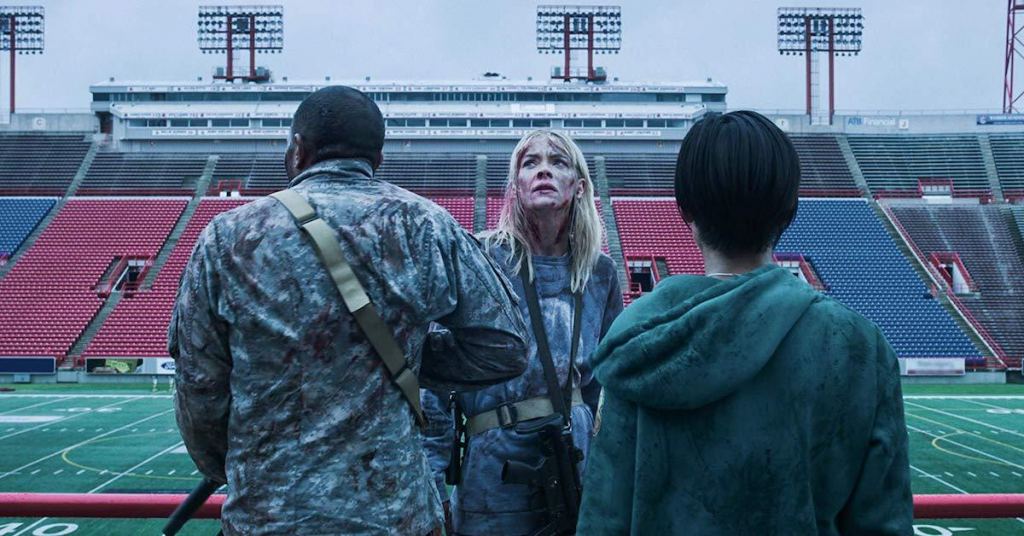
HOW SCARY IS IT?
Luke: Subgenre fatigue does come with the usual caveat that this basically isn’t scary. Zombies just aren’t at the moment, or at the very least are a tough sell for scares. They’re far too overexposed when so much of fear stems from the unknown. The series creators seem aware of this, though. The real horror of Black Summer comes from how the zombie outbreak scenario grinds people down. The relentless nature of the zombies maintains constant pressure, wounds are detailed and a real threat instead of walked off between scenes, and the breakdown of society feels earnestly panic driven rather than being an excuse to throw twists at the audience.
Dustin: I also find it worthy of note that while guns are heavily utilized, the show does not take the easy route of making the characters badasses juggling guns and nailing every single headshot. After all, the characters portrayed in Black Summer are just regular people thrust in difficult situations. It’s expected that folks are gonna get the jitters and miss the shot or expend their ammo before executing a target – dulls any real scare factor.
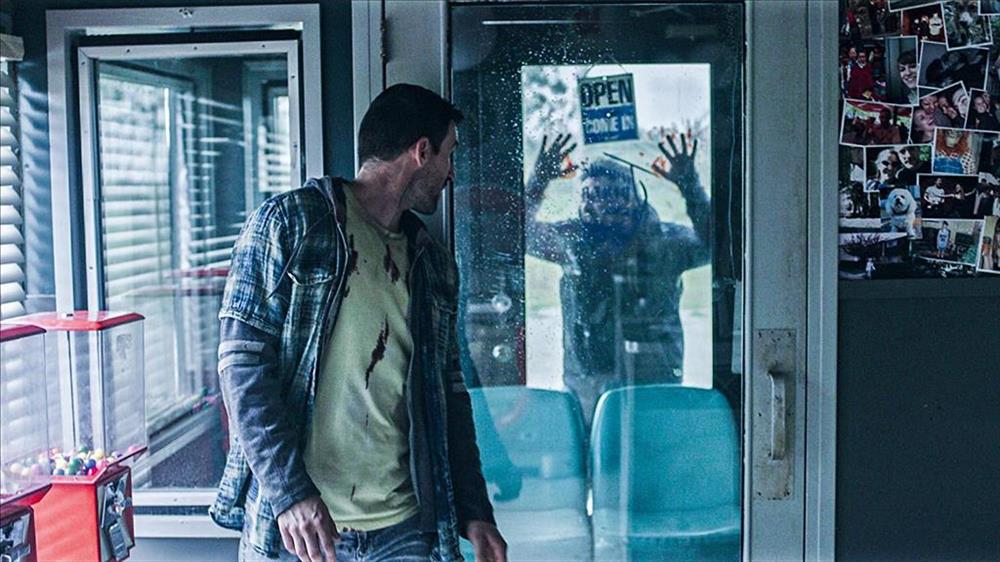
OVERALL THOUGHTS
Luke: Any zombie franchise, even before they became a pop culture staple, works best when the zombies are the background and not empty spectacle. They’re a situation that the story plays out in, and work like a natural disaster both pinning down and uprooting the characters caught up in it. Black Summer does happily deliver on this! Each series follows a wave of survivors made of multiple groups trying to survive an early stage of the zombie outbreak, and the challenges this represents are only in part from direct zombie attacks. Not that you will be shorted on the zombie franchise front, this team knows their undead apocalypses and have some fun effective action showcases for the fans. Brutal close quarter combat filled with improvised weapons and tragic mistakes, rolling battles where survivors have to thin out a mob of zombies on the run as they keep moving to avoid being overwhelmed, gunfights between survivors where the shot dead reanimate to complicate things even further, and a whole lot more besides.
If you’re well and truly sick of zombies, this may not be for you. But if you want to enjoy a zombie fix that’s a cut above the rest, Black Summer has you covered. It’s not the best of the best, but it’s certainly better than the rest and has a fair few things to offer ongoing and returning fans of zombie apocalypse fiction.
Dustin: While I found plenty to like about the show, other viewers may find problem with the show’s reluctance to succumb to easy exposition. This, combined with the nonlinear storytelling might have some audience members choosing to forgo the show. Viewers who want to see badass characters may also be turned off by the show as, like I mentioned in a previous paragraph, the characters are not marksmen and oftentimes don’t nail the headshots.
Overall, Black Summer — both Season 1 and 2 — is a breath of fresh air for the zombie genre. While not offering anything game-changing, it perfectly executes the experience of trying to survive a zombie apocalypse with barely any enough time to pause and catch your breath. By the time you finish the show, you’ll be run ragged as the characters
More from Netflix:
Army of the Dead (2021) Film Review – Undead Carnage
To say that director Zack Snyder has had one hell of a year would be an incredible understatement, and I mean that in the best way possible. Anyone unfamiliar with…
Stranger Things Season Four Review
One of Netflix’s most popular original series builds the action, leans into horror, and sets up the final, fifth season! **This review contains spoilers** “What have you done?” Full…
Best Horror Television Shows of 2021
Horror television shows are having a special resurgence in an era of lockdowns perfect for sedentary binging – production values have also been drastically amplified as these start to resemble…
Guillermo del Toro’s Cabinet of Curiosities – Every Episode Ranked
Netflix really stepped up its Halloween game this year, launching more exclusive horror series in October 2022 than any other non-themed streaming service in North America. Horror fans have grown…
Shock Docs: Amityville Horror House – Paranormal Documentary Review
Dubbed the most evil house in America by demonologists Ed and Lorraine Warren, 112 Ocean Avenue, Amityville, Long Island, New York has definitely piqued the curiosity of many horror fans…
Roh (2019) Film Review – A Malaysian Horror in The Jungle
The modern age of cinema is a wonderful thing, for all of the collective conscience cooing for anything nostalgia soaked we are lucky to have access to film from around…

